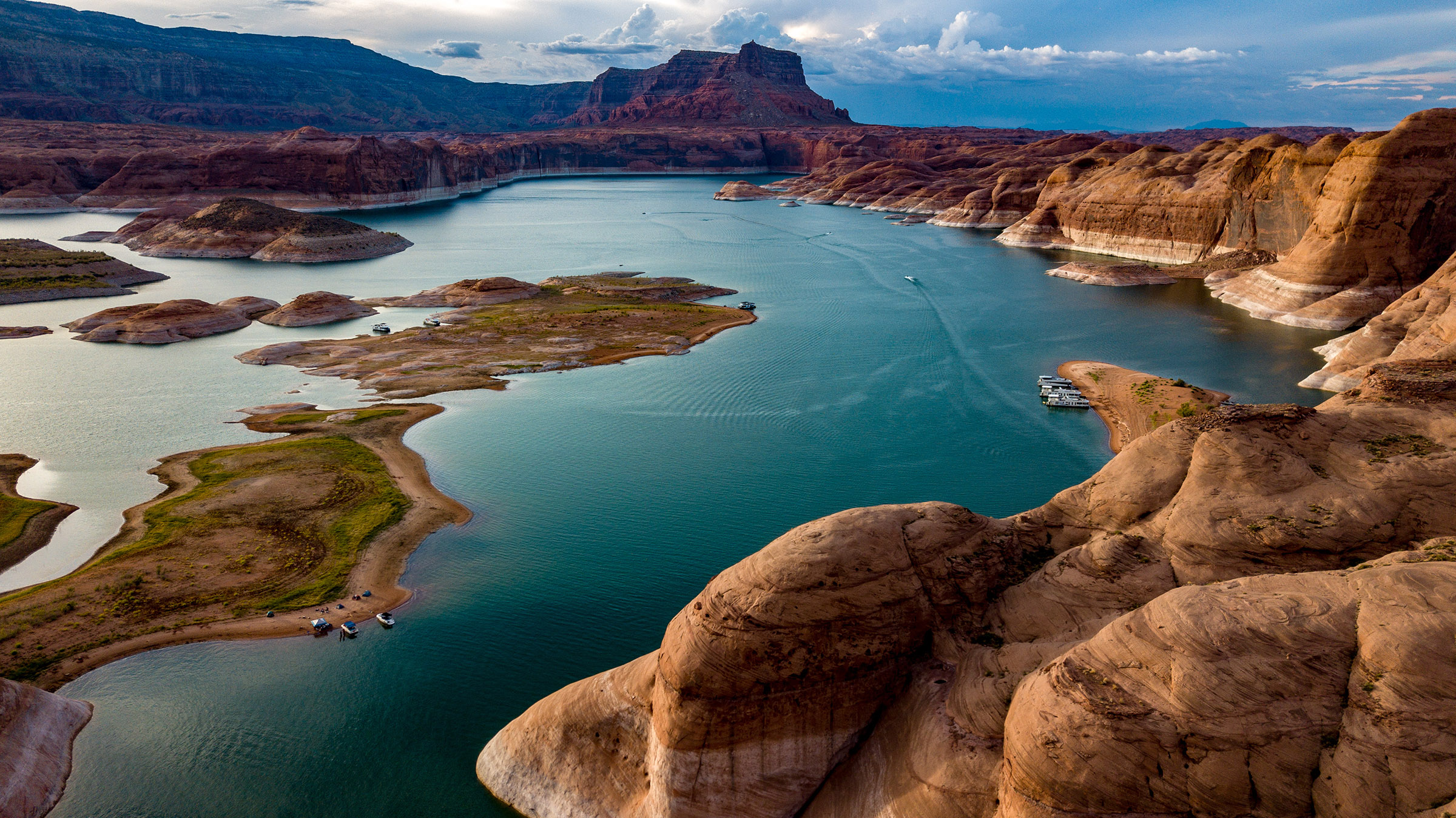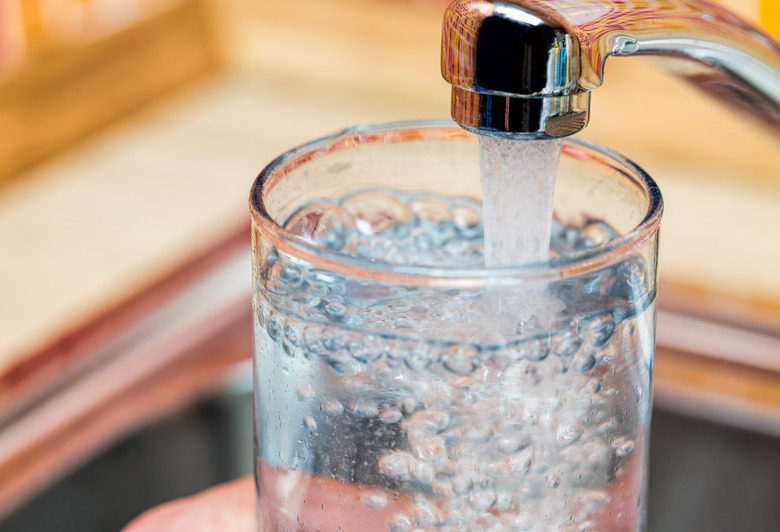Rising Sea Levels Are Putting Our Freshwater Levels At Risk
There is a growing threat to drinking water all around the country, and it is hitting New Orleans and Louisiana hard right now. That threat comes from the increasing amount of salt water shifting into the Mississippi River, making what was once the state's large water supply undrinkable.
This particular problem has resulted in the mayor of New Orleans declaring a state of emergency in the city over the past month, raising concerns that the city's drinking water isn't safe. That has left residents reliant on bottled water for cooking and cleaning, and it doesn't seem to be stopping anytime soon, a report from The Guardian suggests.
The increased amount of saltwater pressing into the freshwater river is an out-of-control movement on a natural process, which sees freshwater from the river holding back saltwater from the Gulf of Mexico's ocean. The cause of the inland pushing seawater is rising sea levels along the coast, which have increased as global temperatures rise, melting essential frozen water supplies all around the globe. In combination, this poses a great threat to our drinking water as freshwater sources become contaminated by saltwater.

So far, we have seen residents in certain areas dealing with contaminated drinking water since June, and it could very well stretch as far as New Orleans before too long. But this isn't the only place our freshwater supply is at risk. We're seeing these particular shifts all around the United States coastline.
As sea levels rise – due to climate change and other natural factors – the "salt line," a natural barrier where inland water meets the ocean's salty water, is shifting. While shifts in this line are natural and have occurred for billions of years, it has recently shifted more inward, with seawater pushing the salt line further inland as it takes over. This poses a huge threat to our drinking water.
This has resulted in freshwater supply like wells becoming tainted and contaminated, making them unusable for retrieving fresh water that people need to drink, cook, and clean. Fortunately, experts say that many areas still have time to prepare and that the threat to our freshwater supply could be staved off by things like New Orleans's planned 12-mile pipeline, which will help push more freshwater into the river, hopefully pressing the salt line back further.
Unfortunately, climate change isn't likely to go away anytime soon. As global temperatures and sea levels continue to rise, we'll likely see that salt line pushing inward even more unless we come up with better solutions to stop it. Thankfully, scientists have developed ingenious destination techniques, which could be scaled up to help replenish our water supply using ocean water.
